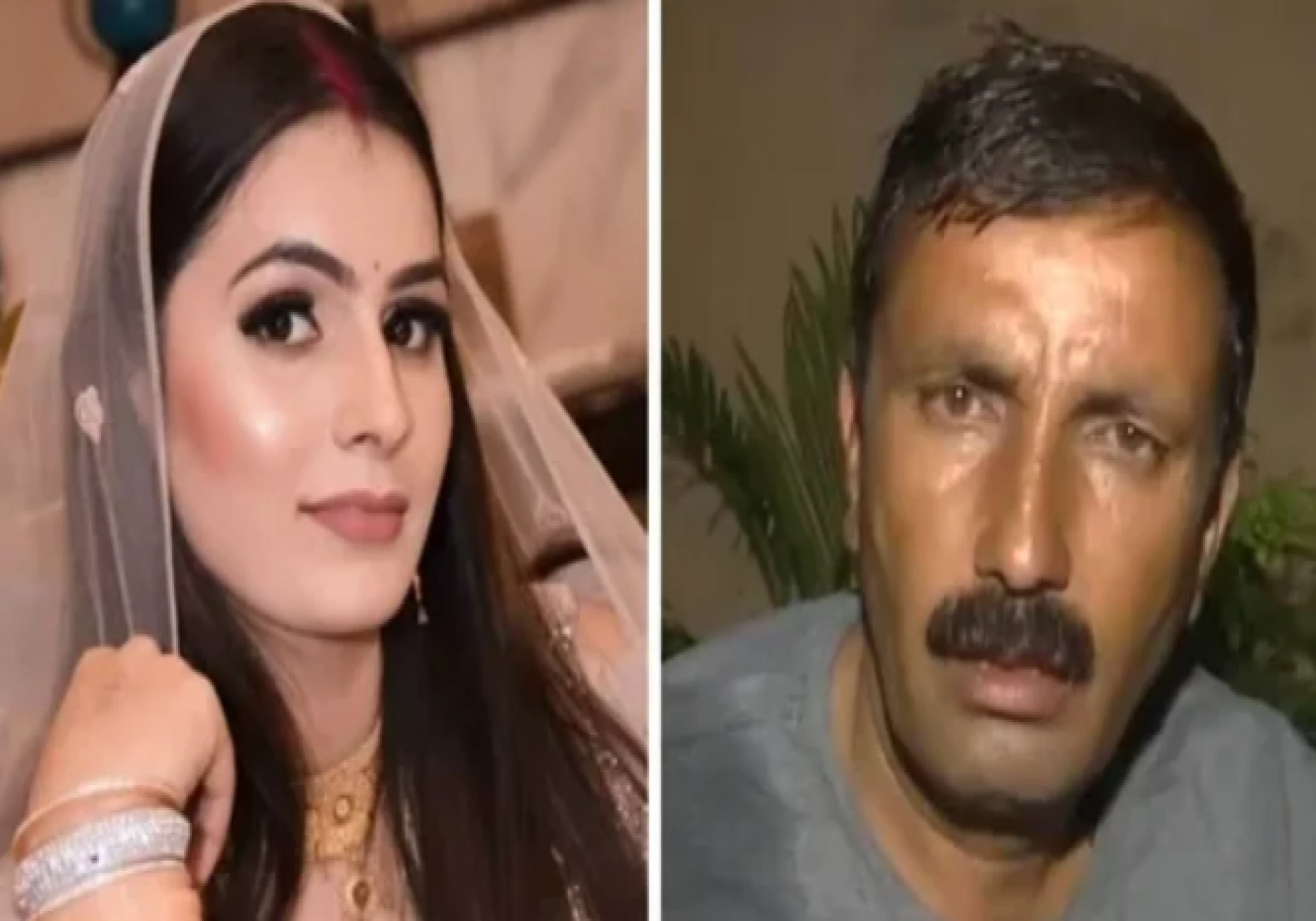
The Greater Noida dowry death case has left not only a family shattered but also the victim’s young son deeply traumatized, haunted by the painful sight of his mother’s tragic end.
The young boy, who witnessed the horrific incident, is struggling to cope with the emotional trauma, underscoring the long-lasting impact of dowry-related crimes beyond the immediate victim.
According to reports, the woman lost her life under suspicious circumstances, with allegations pointing toward harassment over dowry demands. While authorities have taken cognizance of the matter, the child’s suffering reflects a silent yet devastating consequence of such crimes—the psychological burden on children who lose their mothers in such tragic ways.
Activists and social workers stress that while legal battles for justice continue, equal attention must be given to the rehabilitation and mental health support of the children left behind. Cases like these expose the gaps in both the implementation of dowry laws and the support systems available for surviving family members.
The dowry system, despite being outlawed under the Dowry Prohibition Act, continues to claim innocent lives in India, with women often subjected to harassment, abuse, and even death over unfulfilled demands. Each case not only highlights the urgent need for stricter enforcement but also brings forward the forgotten voices of children and families who silently carry the scars of these tragedies.
This Greater Noida case serves as a grim reminder that the fight against dowry is not just about punishing the guilty but also about protecting the dignity, safety, and future of countless women and children across the
country.




